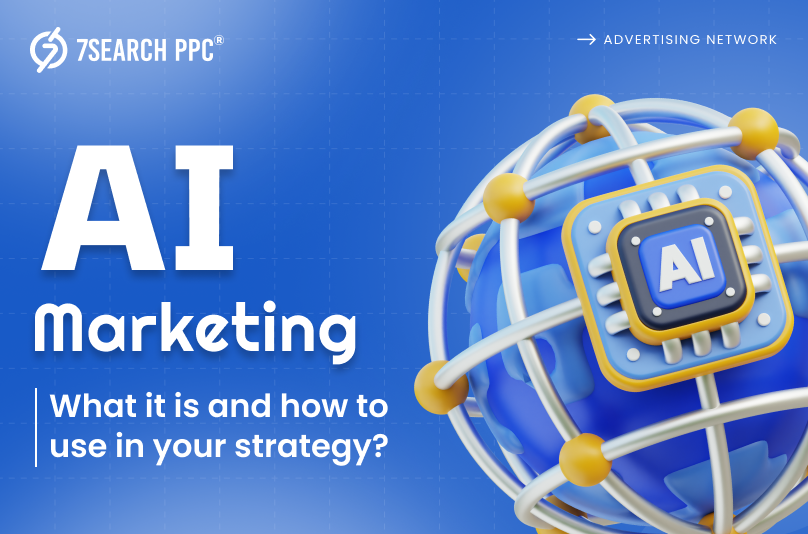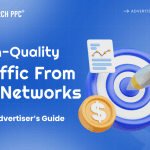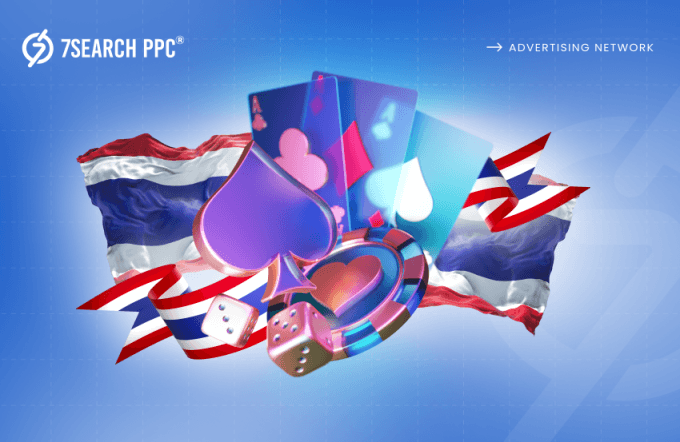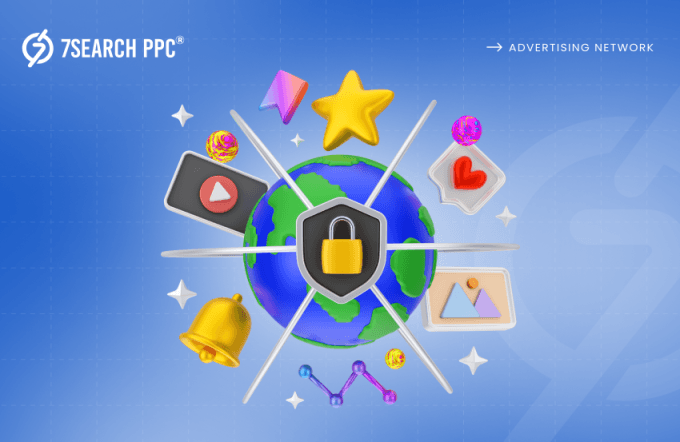What is the biggest fear of the world’s richest person, Elon Musk, the CEO of Tesla? In an interview, a reporter asked him about the future of AI. He replied that artificial intelligence (AI) would eventually take over all jobs, but this is not a bad thing. However, there are two sides to any coin, and in the case of AI, there is also a positive side. In the field of digital marketing, where creativity and technology merge, a new power has arisen—Artificial Intelligence (AI). Once just a concept found in science fiction, AI marketing is now transforming how brands connect with their customers.
AI is making marketing so easy by automating tasks and predicting future trends. It is like a marketing expert for you that never sleeps, never tired, analyzes data faster than a human mind, and creates personalized content tailored to every individual. Sounds like a dream, right? Well, with the rise of AI marketing, this dream is becoming a reality for advertisers.
However, it’s important to understand and navigate the ethical implications because great power comes with great responsibility. Let’s learn more about the world of AI marketing and understand how this technology can help you achieve your ad campaign goals.
AI Marketing: The New Hope for Digital Marketers
“Marketing” is a term used by marketers to put their effort into promoting their newly launched products or existing ones through various channels. This is not a new concept; it’s a common practice, but when marketers incorporate AI to streamline their processes, it is known as AI marketing.
It means using artificial intelligence to improve businesses’ reach and connect with customers. AI tools can quickly analyze data to understand what customers want, predict future trends, and create personalized marketing messages. This helps brands target the ideal audience, engage them better, and increase sales. Common uses of AI in digital marketing include:
- Chatbots,
- Personalized Recommendations
- Automated Emails
Overall, AI marketing helps businesses make smarter decisions and run more effective digital advertising campaigns.
The Incredible Benefits of AI-Driven Marketing
Marketing requires many things, such as good knowledge about the targeted market, timely delivery of ads with the right message, analysis of past and current data, and much more. AI makes it easy for marketers to make their promotional efforts more effective. Here are some benefits that you can’t afford to ignore:
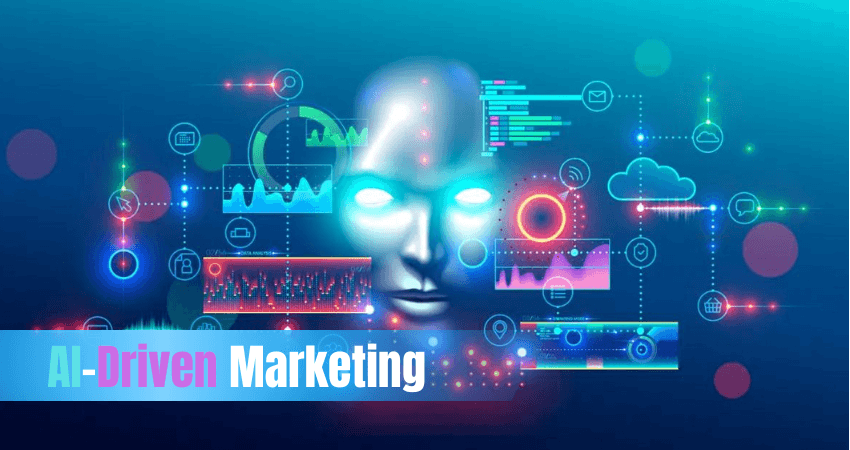
Personalized Customer Experiences
We all know that a customer is a real king who decides whether you will win or lose. As digital marketers, we need to develop our marketing strategy, keeping the products and the tastes of consumers in mind. Customers give more preferences to those brands that give a good definition of personalization. It means creating online ads on the basis of individual preferences.
AI marketing helps advertisers to create ads that are directly relevant to each person. By including AI in their online marketing efforts, advertisers can easily understand the behavior, preferences, and previous actions of their ideal customers. This allows marketers to deliver:
- Personalized Content
- Personalized Product Recommendation
- Personalized Offers
Improved Customer Segmentation
Targeting a market into smaller segments is far more effective than targeting the entire market as a whole. As a marketer, this presents a significant challenge because there are various products in your store, each appealing to a different audience segment that is best suited to it.
AI improves customer segmentation by examining large amounts of data to find patterns and group customers with similar traits. This helps businesses create more accurate segments and target specific groups with tailored marketing strategies. Better segmentation results in more effective campaigns because messages are customized to each group’s needs and preferences.
This approach increases engagement and boosts the chances of conversions, making digital marketing efforts more impactful.
Predictive Analysis
If we ask you about the future, what will you be like in three years? You might say that no one knows the future, right? But AI can predict it. It uses past data to forecast future trends and behaviors. By looking at patterns in customer interactions, AI can guess what products customers might buy or how they react to different marketing strategies. AI marketing helps businesses make smarter decisions, improve their campaigns, and use their resources better, making marketing operations more efficient.
Reduces Manual Tasks
Let’s take a few years back before AI was introduced. At that time, marketers had to handle all marketing tasks themselves or through other employees. This process was time-consuming, required significant investment, and was prone to human errors.
However, with the introduction of AI, marketers were able to automate various marketing tasks, such as email scheduling, content creation, media buying, and much more. AI marketing reduces manual tasks and helps marketers focus on strategic planning and creative thinking rather than invest their time in repetitive and time-consuming tasks.
Supports Advertisers in Cross-Channel Marketing
AI helps advertisers manage their campaigns across multiple channels more effectively. Instead of handling each platform separately, AI can interpret data from various sources, like social media, email, and websites, to make sure that advertisers can easily manage multiple campaigns. This means advertisers can ensure their message is consistent and optimized across all channels. For instance, AI can determine the best time to post on social media or the most effective campaign based on past performance.
This integrated approach not only saves time but also improves the overall effectiveness of marketing efforts by reaching the right audience with the right message at the right time. So, if you want to manage marketing campaigns across various marketing channels, AI marketing can help.
The Other Side of AI-Driven Marketing: Its Challenges
While AI has transformed marketing, it comes with its challenges. Here are some key issues:
- Ethical Concerns: Using AI in marketing raises issues about data privacy and security. Companies must ensure they protect customer information and comply with regulations to build trust. This means having strong measures in place to safeguard data and being transparent about how it’s used.
- Technical Expertise: To make the most of AI, businesses need skilled employees who know how to use AI tools effectively. Training staff can be challenging, but it’s necessary to fully utilize AI’s potential and get accurate results from marketing efforts.
- Data Quality: AI depends on high-quality data to provide useful insights. If the data is poor or inaccurate, the decisions made based on it can be flawed. Ensuring that customer data is accurate and well-organized is essential for reliable AI results.
- Integration Issues: For AI to be effective, it must be smoothly integrated into existing business processes. Companies often find it hard to combine AI models with their current systems. Overcoming these integration challenges is key to making AI work well in day-to-day operations.
Ways to Use AI in Digital Marketing
AI has revolutionized digital marketing, providing numerous opportunities to enhance strategies and drive better results. Here are some crucial ways to use AI in digital marketing:
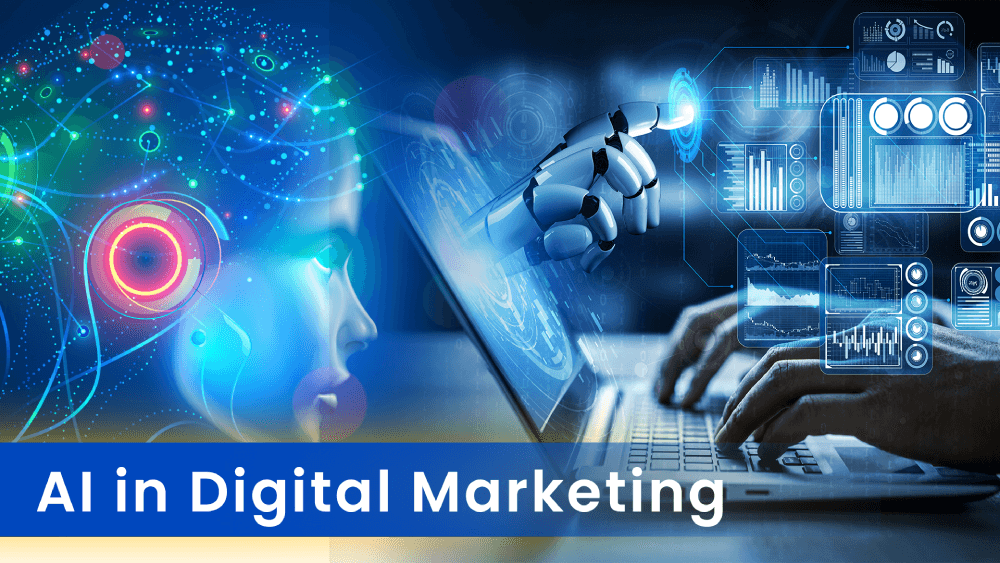
Content Creation
AI tools like ChatGPT and Jasper are great for generating content quickly. They help create everything from blog posts and ad copy to email subject lines and landing pages. AI can also suggest catchy headlines and personalize content for your audience, making it easier to connect with them. Additionally, AI can assist in influencer marketing and manage relationships. Just be sure to review AI-generated content to ensure it aligns with your brand’s voice and personality.
AI Chatbots
AI chatbots are common for handling simple customer queries and providing instant responses. Beyond that, AI enhances customer service by personalizing interactions, predicting customer needs, and guiding inquiries to the right department. This improves overall customer experience and streamlines support processes. Whether your brand is newly launched or an old player, it is practical for customers to have their queries in various modes, like through chats or email.
Search Engine Optimization
AI plays a big role in search engine optimization (SEO). It helps with keyword research, content optimization, and creating meta tags and headings. AI can also predict SEO trends and user behavior, making it easier to start ahead of the algorithm changes and improve your site’s search engine rankings. You can not deny the fact that SEO is a must for online businesses to increase visibility and attract potential customers. If you use AI in your SEO efforts, then you can streamline your strategy, stay ahead of the competition, and achieve better results more efficiently.
Pay-Per-Click Advertising
AI enhances PPC advertising by improving key areas like keyword research, bidding strategies, ad creation, and scheduling. With AI, you can find the best keywords for your ads, set optimal bids, create compelling ads, and schedule them for the best times.
This leads to more effective campaigns on an ad network, attracting more customers and getting desired results. AI also helps you adjust your ads quickly on self-serve advertising platforms to make the most of your advertising budget, ensuring that you get the best return on your investment.
Conclusion
AI marketing offers a promising future for any kind of business. By automating tasks, improving personalization, and predicting trends, AI helps marketers create more effective campaigns and reach their goals more efficiently. However, it’s important to approach AI with caution, considering the ethical challenges, data quality, and integration issues that come with it. Using AI can offer significant benefits, but it’s crucial to use it responsibly and ensure it walks on the same road as your overall business objectives.
Frequently Asked Questions (FAQs)
What is AI marketing?
Ans. It is a strategy used to improve businesses’ reach and connection with customers. It involves using AI tools to analyze data, predict trends, and create personalized marketing messages.
What are the challenges of AI marketing?
Ans. Using AI in marketing has several challenges, including ethical concerns (data privacy), technical expertise, data quality, and integration issues.
What is the future of AI marketing?
Ans. The future of AI marketing is promising, with continued advancements and new applications.
How does AI improve customer segmentation?
Ans. AI examines data to find patterns and group customers with similar traits, enabling more targeted marketing strategies.
How can AI be utilized in content creation?
Ans. AI can generate content, suggest headlines, personalize content, and assist in email marketing.

